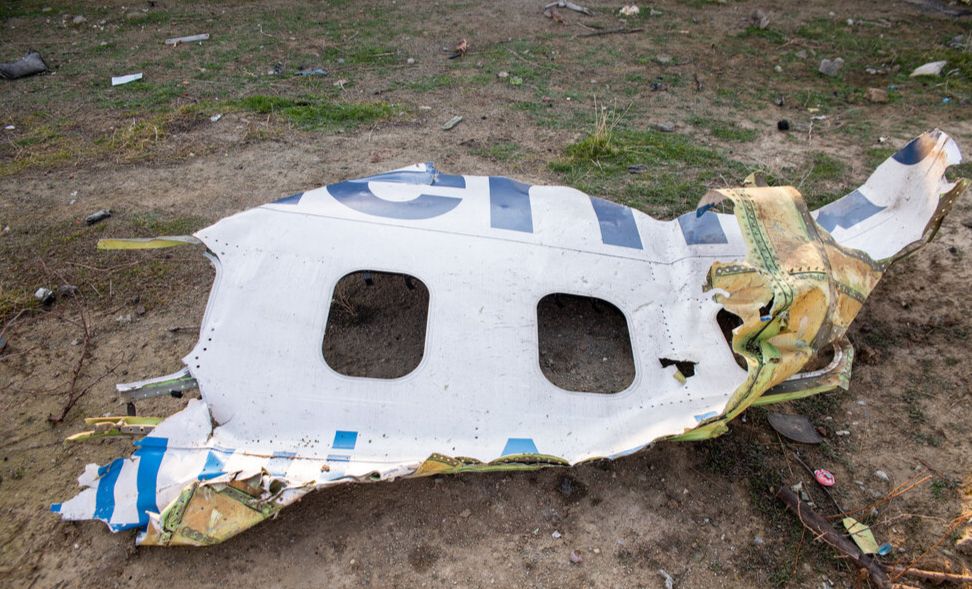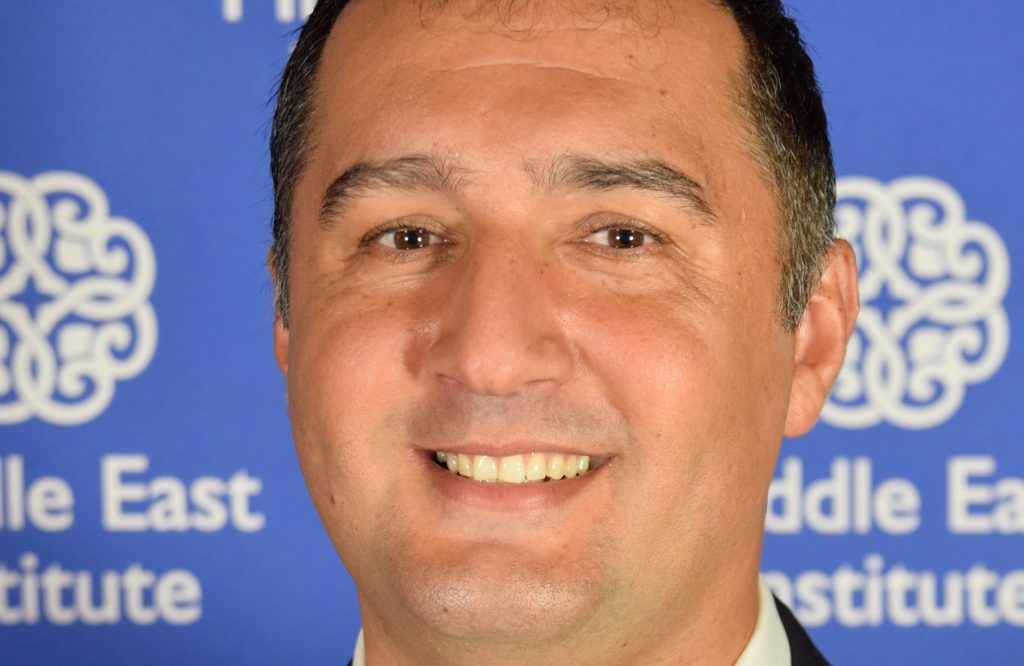Iran before the Elections: Tehran’s Chernobyl Moment
On 21 February, the Islamic Republic will hold elections. Authorities in Tehran claim that thousands of candidates have registered to run in the hope of securing one of the 290 seats in the Majlis, the Iranian parliament. This all sounds very promising, if not democratic – but the reality is something else altogether.
Elections in the Islamic Republic are rigidly regulated to the point of being nothing but mere political theater to give pretense to the notion that the Islamic Republic has popular legitimacy. The unelected Supreme Leader, Ayatollah Ali Khamenei, wants a big turnout for the sake of keeping up an appearance. But there is a swell of popular determination not to grant him his wish. The voter turnout will likely be historically low. By all accounts, Khamenei and the regime lost its legitimacy a long time ago and orchestrated elections will convince very few among the deeply disillusioned Iranian public. Even President Hassan Rouhani has openly condemned Khamenei’s insistence to engineer the outcome of the election. His jabs against Khamenei are unmistakable. The country “cannot be governed by one political wing alone,” the beleaguered president keeps complaining.
The average Iranian does not believe in political reforms
Of some 7,000 aspiring candidates about half have been told they are unsuitable to run. Even 75 present serving parliamentarians have suddenly been told they cannot seek re-election as they have fallen out of favor with the clerical bosses of the regime since they last registered to run four years ago. An entity called the Guardian Council, a 12-man body appointed by Khamenei, and not elected by the people, decides who can run and who cannot. There is no one guidebook nor a set of principles to stick to and candidates only find out if they have managed to pass through the filter after they have submitted their papers to run. It is an arcane process but a candidate’s ability to be approved, or disqualified, is never accidental.
No outsider, certainly no one who dares to challenge the political status quo will ever be able to wiggle through this ruthless screening process. This is why the average Iranian does not believe political reform in Iran is possible through the ballot box. And they are increasingly, particularly the frustrated younger demographic, loath to dance to Khamenei’s music.
Nor do those candidates that overcome the filtering process have any meaningful capacity to make political changes once in parliament. They can pass as many laws as they like but each one still has to be approved by the same Guardian Council. This body does not only decide who can run for office in the Islamic Republic. It also has veto power over any legislation that the parliament, or even the elected government of Hassan Rouhani, seek to pass.
The world’s most elaborate theocracy
It is not surprising that in the upcoming Bertelsmann Stiftung’s Transformation Index (BTI) (to be published next month), Iran only scores with 2 out of 10 points when it comes to the quality of its democratic institutions. “The Supreme Leader, who is not elected by the people, is the authority with absolute power”, the report states. “He determines the domestic and foreign policy and has the power to interfere in legislation, judiciary, and executive.”
As an example, the majority members of the outgoing parliament repeatedly signaled support for Iran to join the Financial Action Task Force (FATF), an international anti-money laundering initiative which the US and EU have called on Tehran to join. The Rouhani government maintains Iran cannot join the global economy without signing up to such international standards. But the majority vote in the Majlis makes no difference in the face of opposition from Khamenei who sees such treaties as eroding the Islamic Republic’s ability to stay the course as a militant revolutionary state.
Put simply, Khamenei’s sway, by hiding behind the Guardian Council mask, is at the minutest level. This is why the Islamic “Republic” is a misnormer. This is not a democratic model but the world’s most elaborate theocracy.
A republic on autopilot
It seems clear to everyone except Ayatollah Khamenei that the domestic situation in Iran is moving in the direction of unmanageability. The accidental shooting down of the Ukrainian airliner on 8 January that cost the lives of 176 people, has already become about much more than a failure on the part of the Iranian military’s command-and-control. The incident, and the response to it, highlighted that the Islamic Republic is drifting but is only on autopilot.
The deadly incident, and the futile efforts by the top leadership to seek a way to cover it up for three days, speak of a political system that is aloof and unaccountable. And yet, for the first time in a long time, the regime of Khamenei is seemingly unsure about what to do. In Iranian media, particularly in the Diaspora, the incident is likened to Iran’s “Chernobyl moment.” In other words, that the impact of this one incident will reverberate in months to come and weaken the gluing fabric of the regime and ultimately push the system toward collapse. It is truly a moment of reckoning for the Islamic Republic.
Whether it will be Iran’s “Chernobyl moment” will remain to be seen but some realities are irrefutable. Khamenei’s instinct so far has not been to engage in any discernible introspection. Instead, he has simply overseen the regime’s effort to engage in whatever is necessary to escape blame. Khamenei is no Mr. Gorbachev and not yet ready or able to accept the inevitability of the need for political reform. As a person and as a political operator that has been at the heart of decision-making in Iran since 1979, he will settle for more repression and stay the course. It is a strategy doomed to eventually fail but the 80-year old Khamenei believes he has no option but to persevere. The mass disqualification of candidates for the parliament on 21 February is merely the latest display of Khamenei’s hubris.

